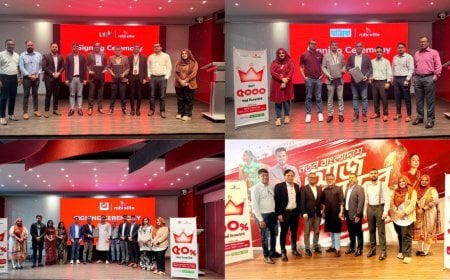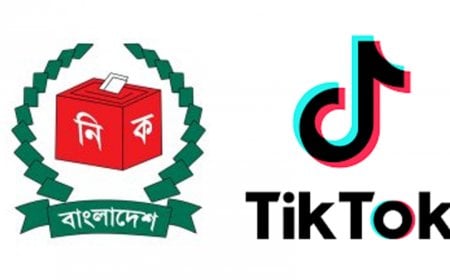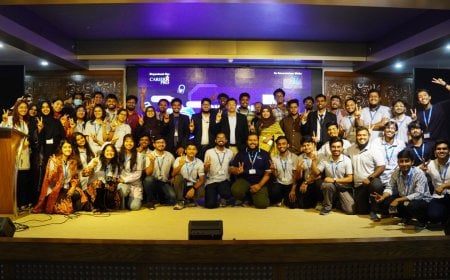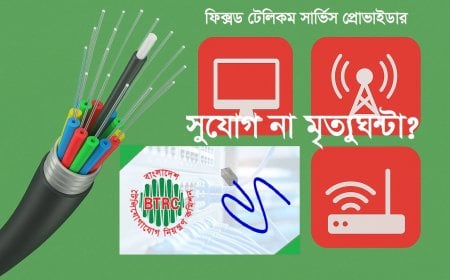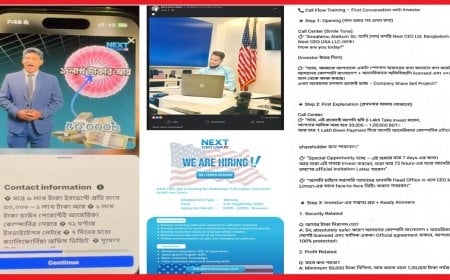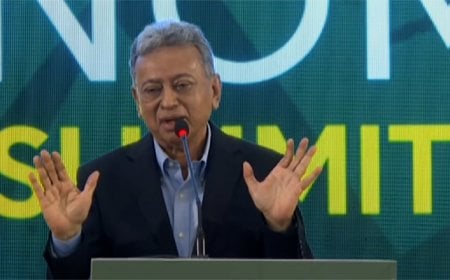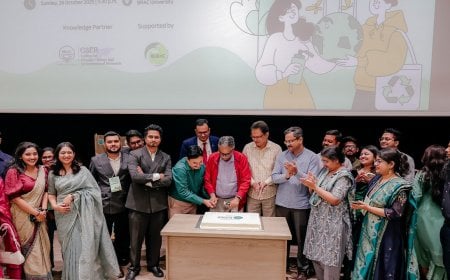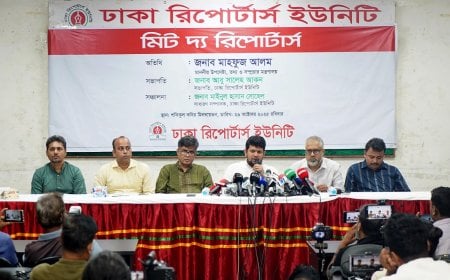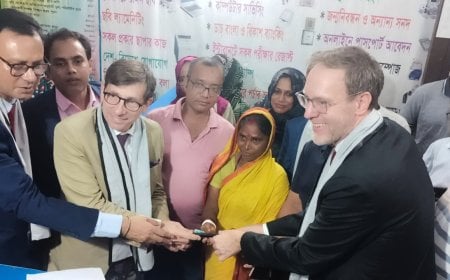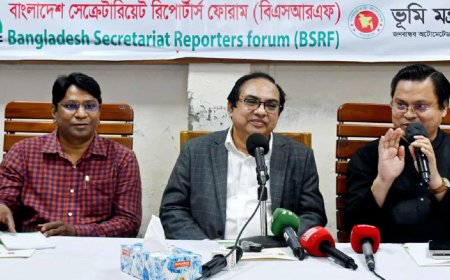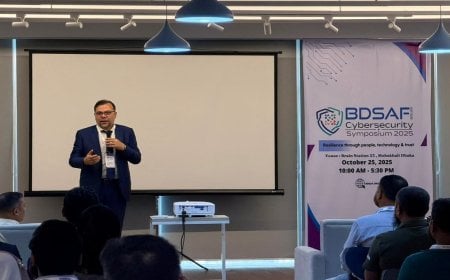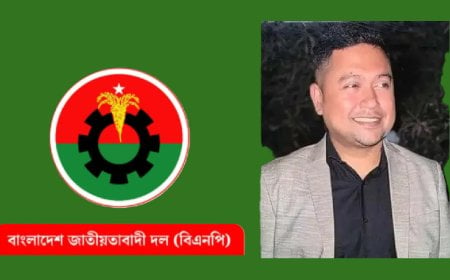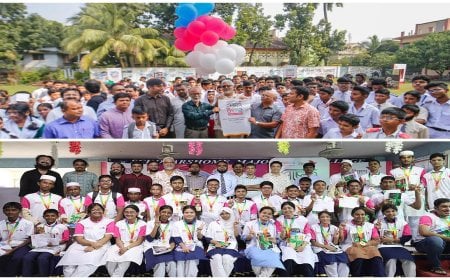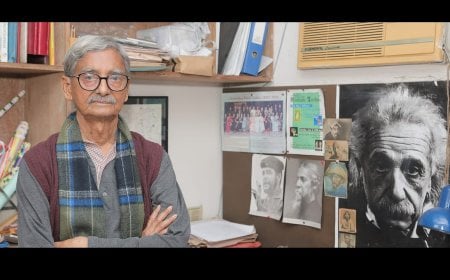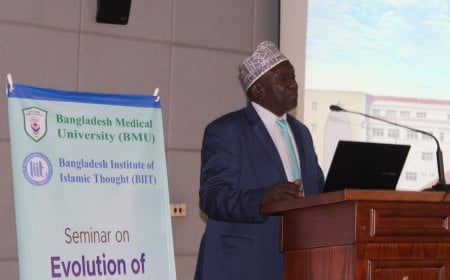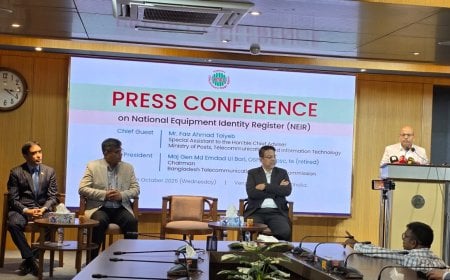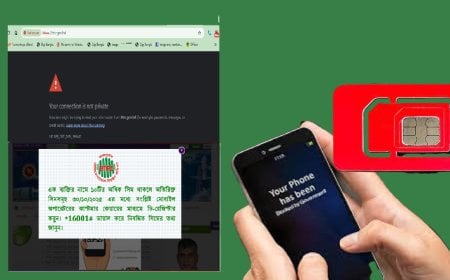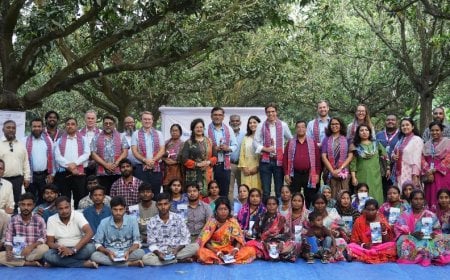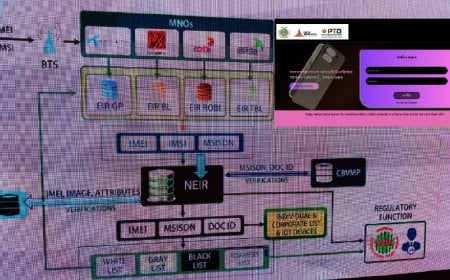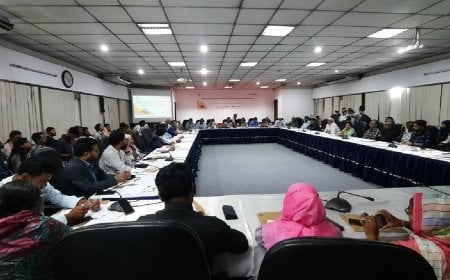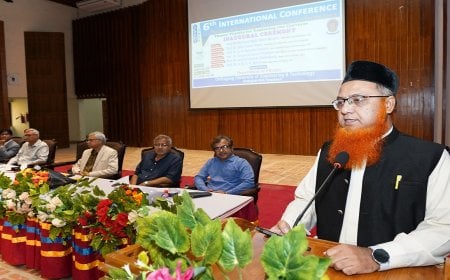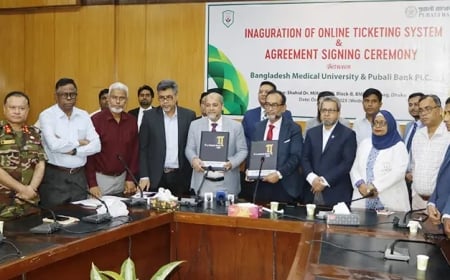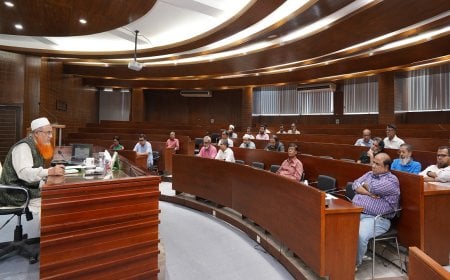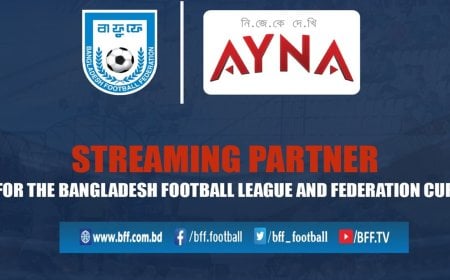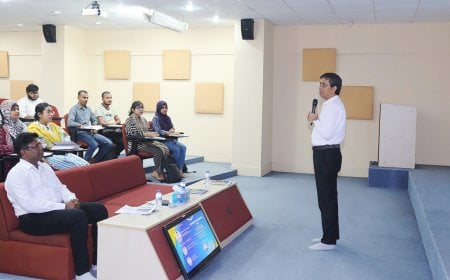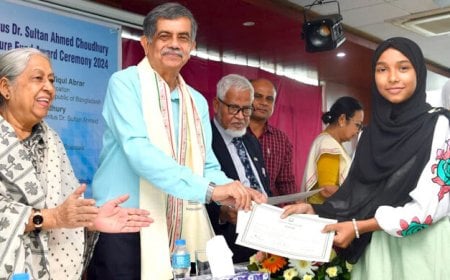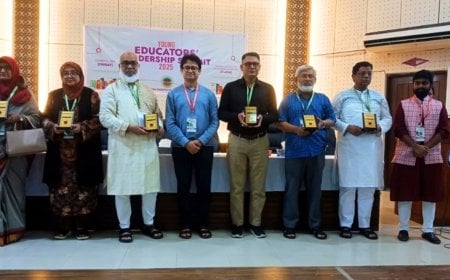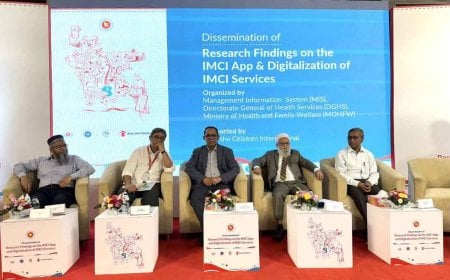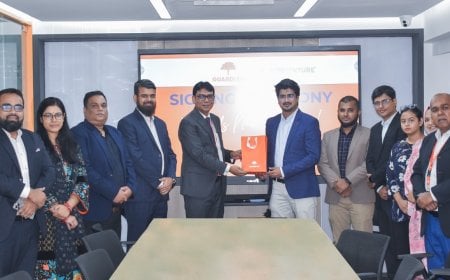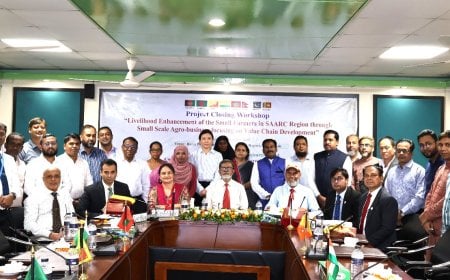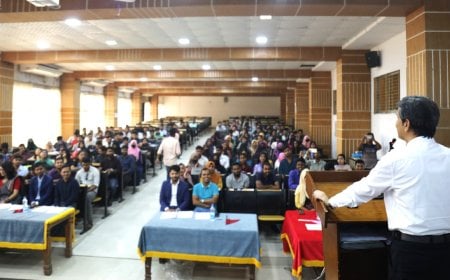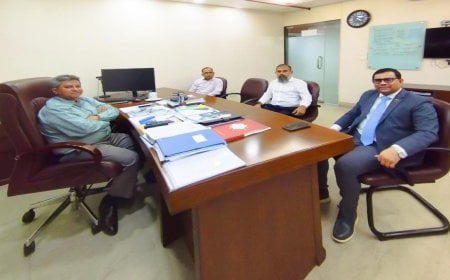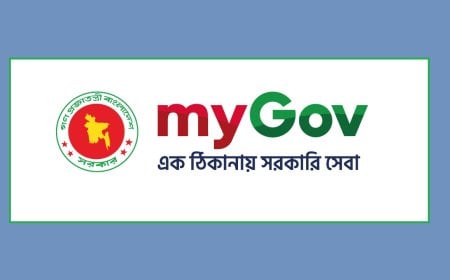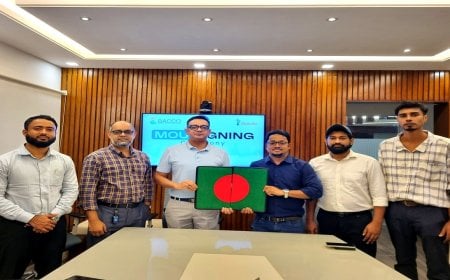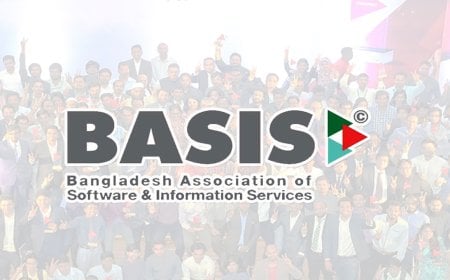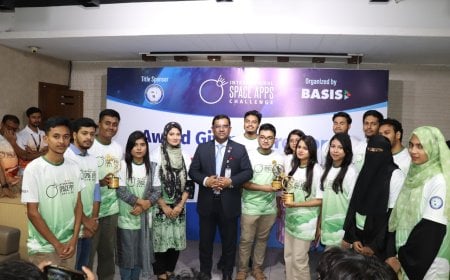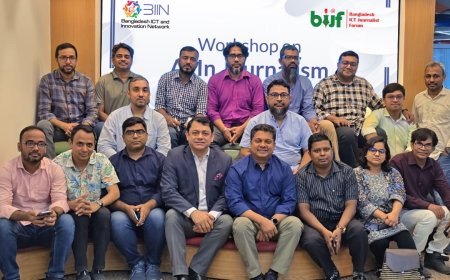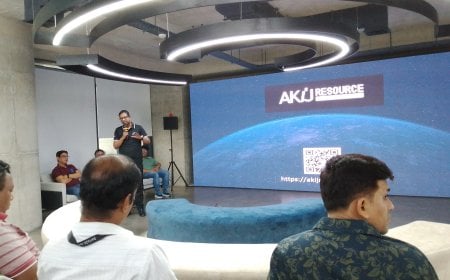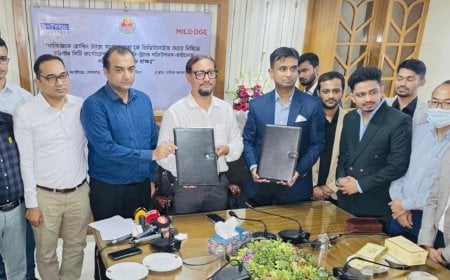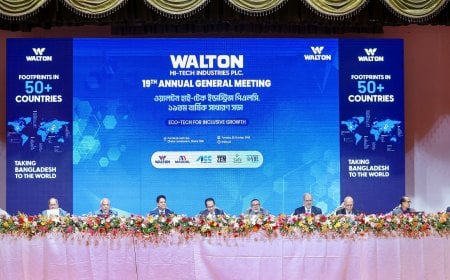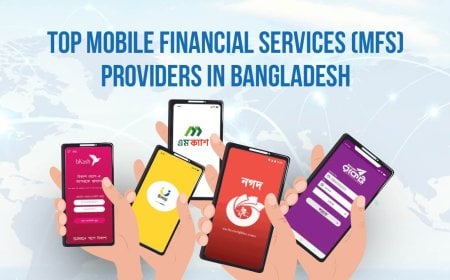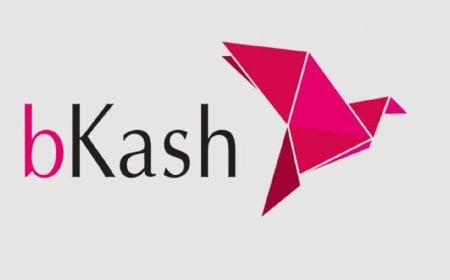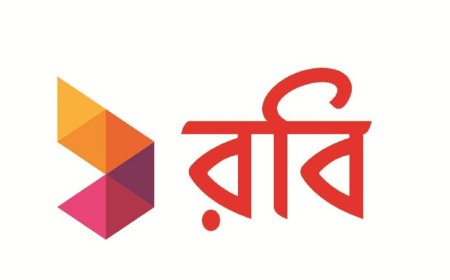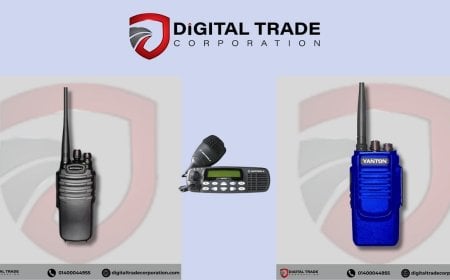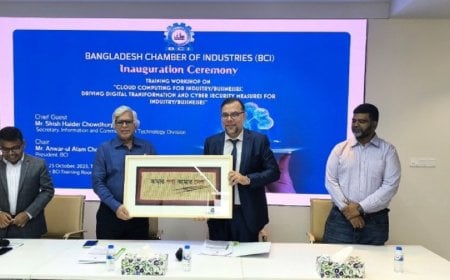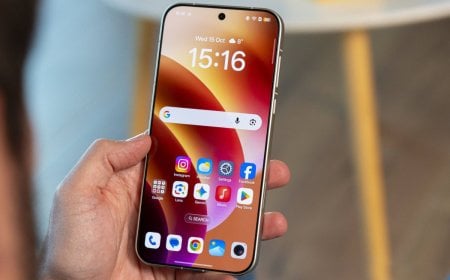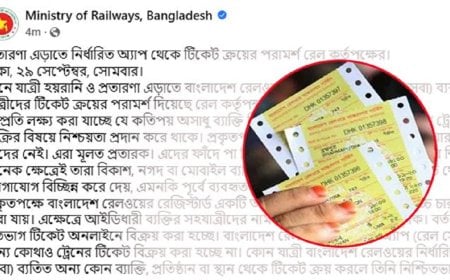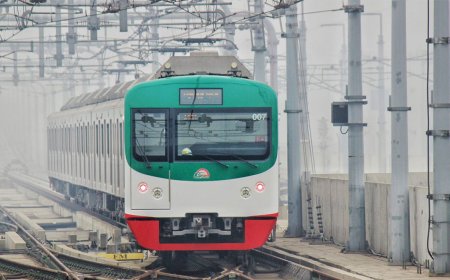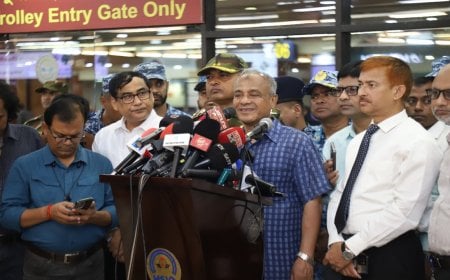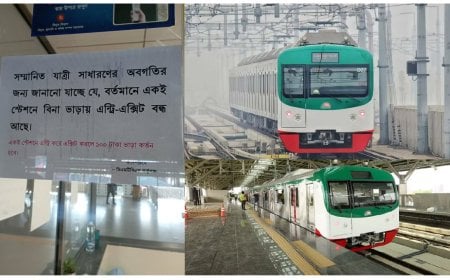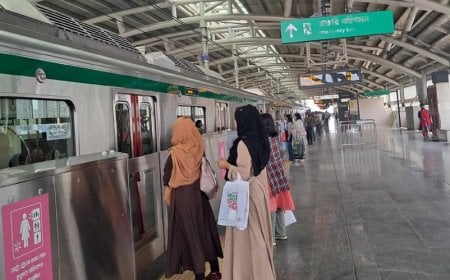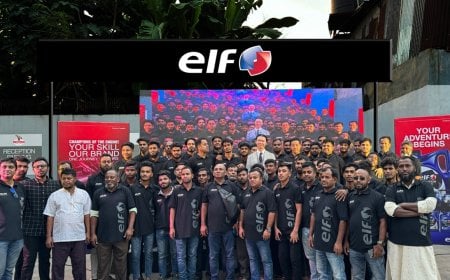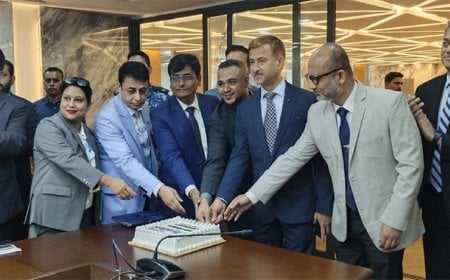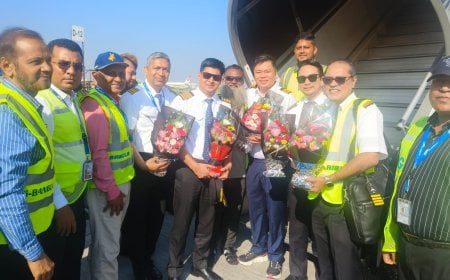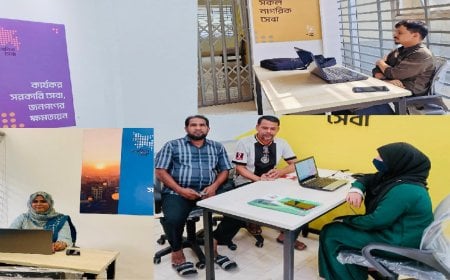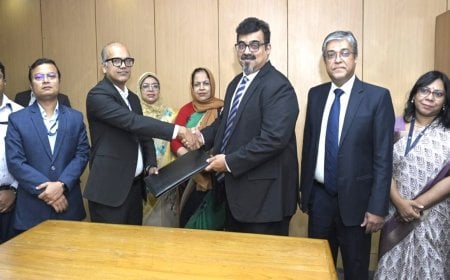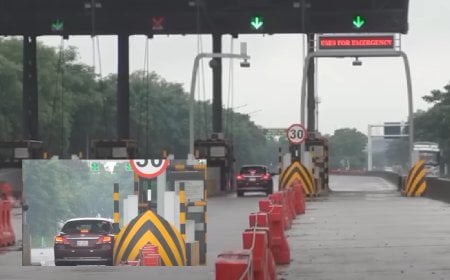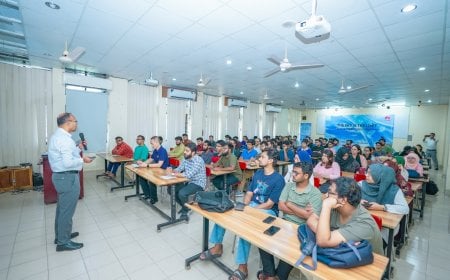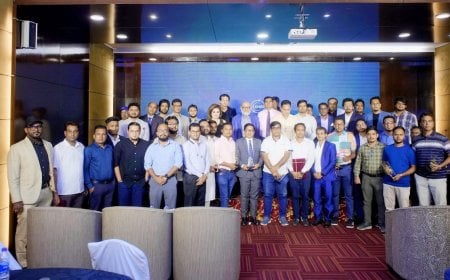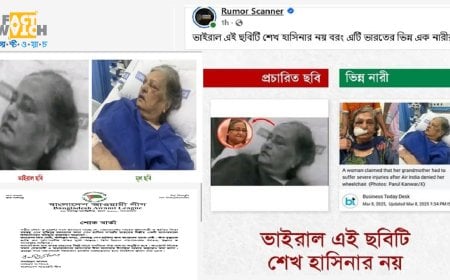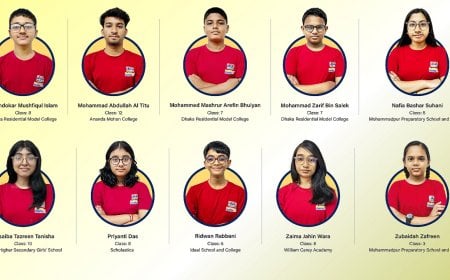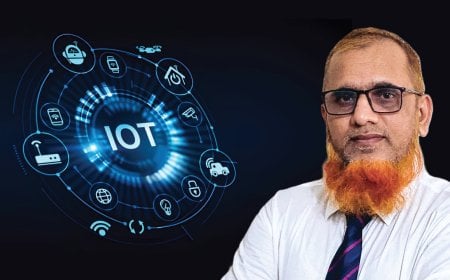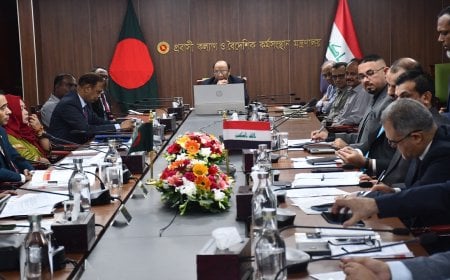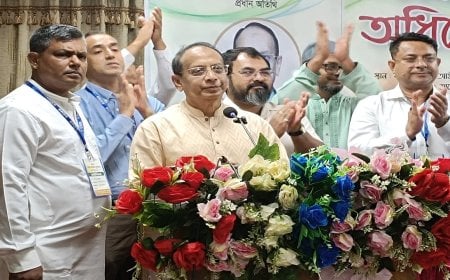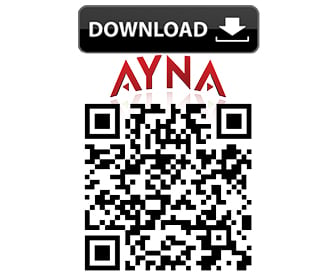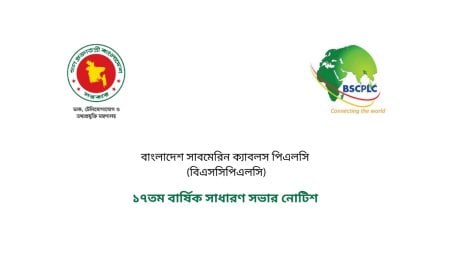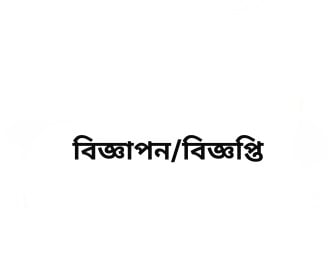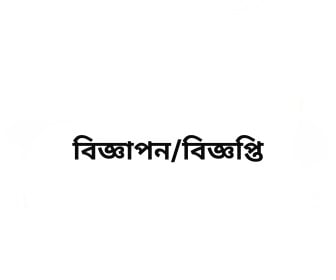BTRC Brings Bold Overhaul: New Fixed Telecom Licensing Sparks ISP Outcry
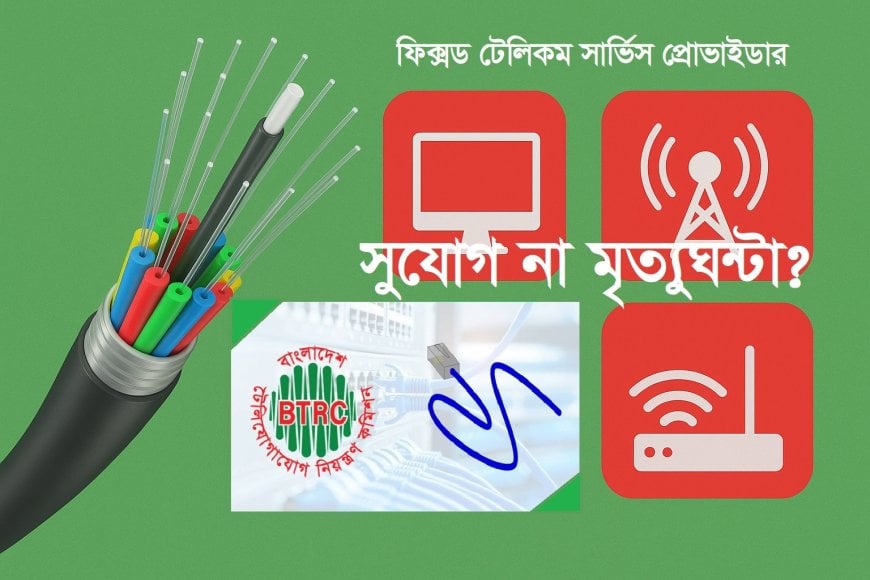
In light of the new Telecommunication Network and Licensing Policy 2025, the Bangladesh Telecommunication Regulatory Commission (BTRC) on Monday, October 27, published the draft licensing guidelines for Fixed Telecom Service Providers (FTSP). The draft is open for public review, with stakeholders invited to submit their observations, opinions, and recommendations in PDF format by November 8. Comments must be sent separately for each license category—comparing existing and proposed provisions.
The guidelines were released on BTRC’s official website through four dedicated links, unifying 26 existing telecom licenses into four primary categories: Fixed Telecom Service Providers (FTSP), Cellular Mobile Service Providers (CMSP), International Connectivity Service Providers (ICSP), and National Infrastructure and Connectivity Service Providers (NICSP).
Fixed Telecom Service Framework
Under the new structure, the existing Internet Service Provider (ISP) and Public Switched Telephone Network (PSTN) systems will be merged into a single framework named Fixed Telecom Service. FTSPs will now be required to procure fiber or transmission facilities from NICSPs, international bandwidth from ICSPs, and migrate to IPv6.
The FTSP licensees will, however, retain the right to independently establish fiber networks and manage transmission. Additionally, the existing ICX and NIX operations will be integrated into a unified framework for internet and voice peering within the fixed telecom ecosystem.
According to BTRC, the primary objectives of the draft policy are to make the telecom sector “more transparent, investment-friendly, and technology-neutral.” The policy emphasizes fair competition, innovation, quality service, and affordable nationwide connectivity, particularly prioritizing rural, coastal, and underserved regions.
Under the FTSP licensing model, current ISPs will be converted into FTSPs under a two-tier, ten-year licensing structure. Nationwide, divisional, and district-level ISPs and PSTN license holders will migrate either to FTSP or District FTSP licenses. District FTSPs will function as local entrepreneurs, providing internet services within their respective districts. No entity may hold both types of licenses simultaneously, and once migration is complete, previous licenses will be permanently void.
Applicants must pay a Tk 50,000 application fee, Tk 2.5 million license fee, and provide a Tk 2.5 million bank guarantee. Annual fees will amount to Tk 1 million. While revenue sharing will not apply in the first year, from the second year onward, licensees must share 5.5% of annual gross revenue with the government and contribute 1% to the Social Obligation Fund (SOF). The same conditions apply to district-level entrepreneurs, though their fees are comparatively lower: Tk 10,000 (application), Tk 200,000 (license), and Tk 100,000 (annual).
ISP Community Raises Alarm
Many internet service providers have termed the proposed licensing fees “excessive and impractical.” ISPAB Secretary General Nazmul Karim Bhuiyan warned, “After declaring internet access a basic right, imposing such a high license fee, a 5.5% annual revenue share, and an additional 1% contribution to the SOF will make internet service expensive. It will become a luxury product.”
He added that such measures would “deprive ordinary users while shrinking business scope, reducing employment opportunities, and effectively sounding the death knell for domestic entrepreneurs,” especially since mobile operators will be permitted to provide Wi-Fi and hotspot internet under the new framework.
In response to the concerns, ISPAB leaders are scheduled to hold an emergency executive committee meeting on Wednesday, October 29, followed by a general meeting the next day to finalize their formal feedback to BTRC. Local entrepreneurs had already expressed dissatisfaction in September, calling the 2025 telecom licensing policy “discriminatory.”
Government’s Position
In contrast, Prime Advisor on ICT Affairs, Faiz Ahmad Taiyeb, defended the move, stating, “This policy will reduce layering and intermediaries in the licensing process while ensuring competitive services. It will allow the government to maintain revenue without burdening consumers.”
Eligibility and Compliance
Eligible applicants include companies, partnerships, or sole proprietorships registered with the Registrar of Joint Stock Companies (RJSC). Applicants must demonstrate financial capability, technical expertise, and a minimum capital threshold.
Mobile operators, NICSPs, or ICSPs will not be eligible for FTSP licenses. Foreign ownership is capped at 85%, with at least 15% mandatory local participation.
Licenses will initially be granted for ten years, renewable every five years thereafter. Renewal applications must be submitted at least 180 days before expiration.
Service contracts must explicitly state quality standards, and providers must ensure a minimum 1:4 ratio between international and local content. FTSPs are required to cover at least one district in their first year and 32 districts within five years. District FTSPs must have a minimum of 800 subscribers within the same period.
Failure to meet rollout targets may result in forfeiture of the bank guarantee. Incentives are expected for those expanding services to remote and underserved areas. FTSP and District FTSP operators may also run cyber cafés, provided they maintain user identification (via NID), install CCTV cameras, and ensure compliance with restricted content policies.

